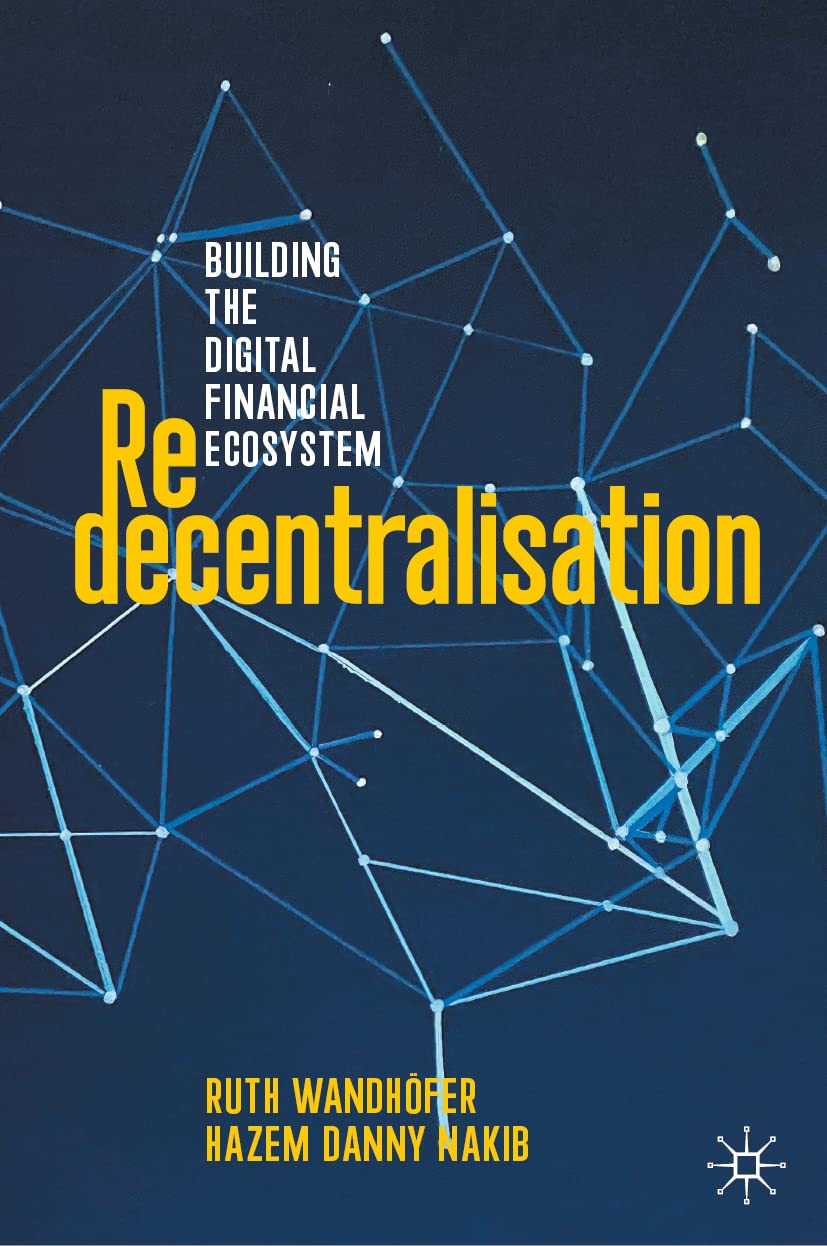

Most ebook files are in PDF format, so you can easily read them using various software such as Foxit Reader or directly on the Google Chrome browser.
Some ebook files are released by publishers in other formats such as .awz, .mobi, .epub, .fb2, etc. You may need to install specific software to read these formats on mobile/PC, such as Calibre.
Please read the tutorial at this link: https://ebookbell.com/faq
We offer FREE conversion to the popular formats you request; however, this may take some time. Therefore, right after payment, please email us, and we will try to provide the service as quickly as possible.
For some exceptional file formats or broken links (if any), please refrain from opening any disputes. Instead, email us first, and we will try to assist within a maximum of 6 hours.
EbookBell Team

0.0
0 reviewsThe rise of smartphones, social media, cryptocurrencies and digital assets has changed our lives profoundly over the last decade. In tandem, the relationship between governments, citizens and businesses has evolved, creating new sets of challenges and imbalances, but also opportunities.
This book focuses on the evolving digitisation of the financial industry and the impact this has on users. Particular attention is given to the emergence of new technologies such as blockchain, smart contracts and AI. The increasingly interconnected, data-driven digital economy, which includes many aspects of an individual’s and organisation’s life, has become a challenge for regulators, too. Matters are complex but also increasingly centralised, with a growing trend of distrust. Should we push for more decentralisation?
To shed light on this question we begin by providing an overview of key concepts and develop a high-level qualitative framework and approach to what we call ‘Redecentralisation'.Delving into those technology areas that form part of the tectonic plate shift of our financial system we explore the pillars of money and payments that are at a turning point with the replacement of key infrastructural components necessary for the future of what we call the Digital Financial Ecosystem. Digital identity and data privacy also form part of this broader puzzle.
We then look to the future to consider some of the latest trends and ‘what if’ scenarios. Where do we see Redecentralisation at play in the Digital Financial Ecosystem? What is the role of technology in this, e.g. Web3, the Metaverse and Decentralised Finance? Can Redecentralisation support an alignment of values across people, governments and businesses? What is the role of technology in this? And finally, do we need a new digital social contract to underpin and protect our digital lives?